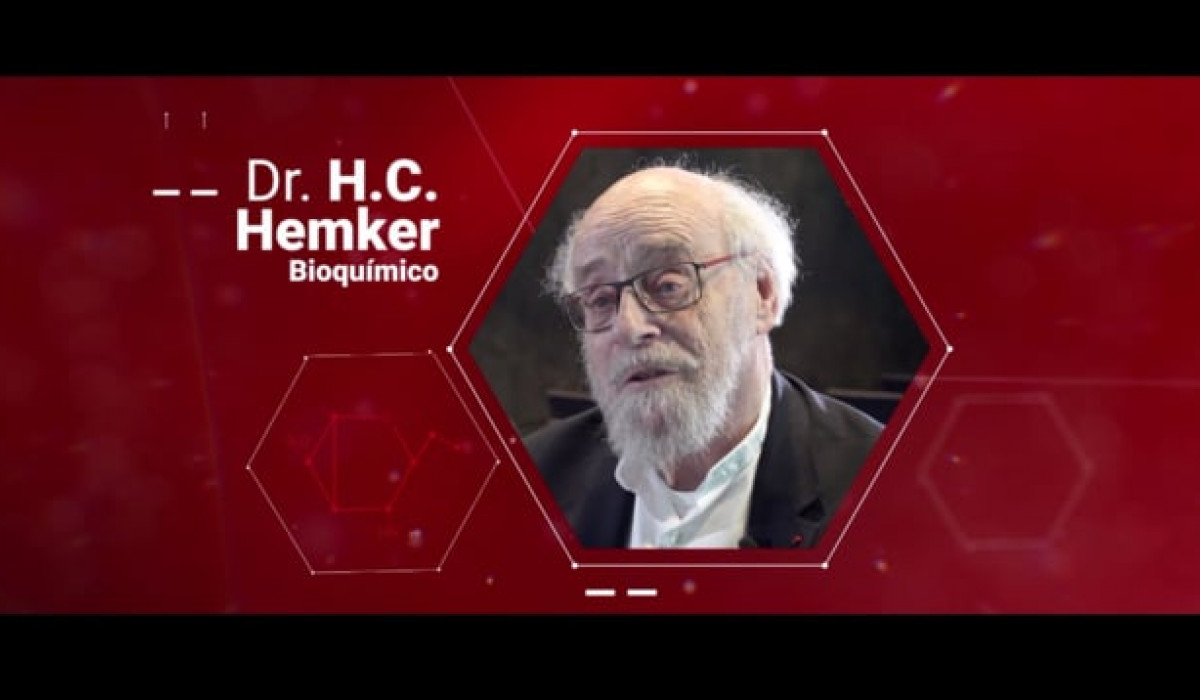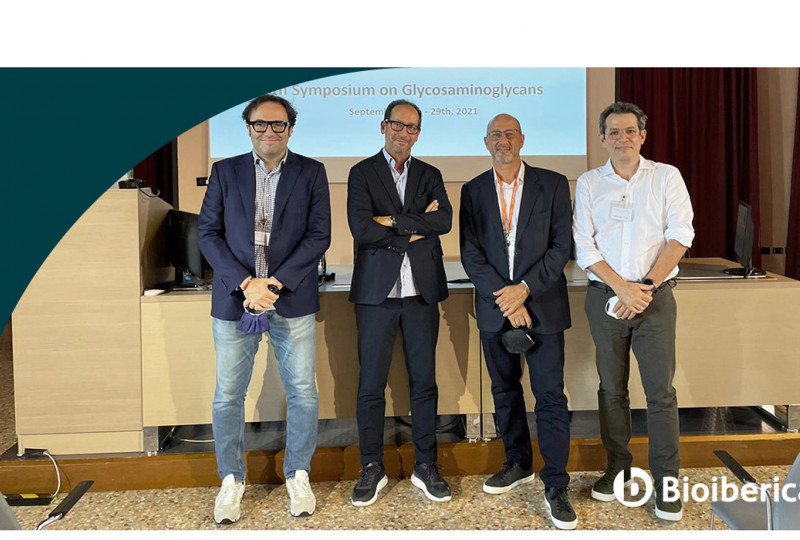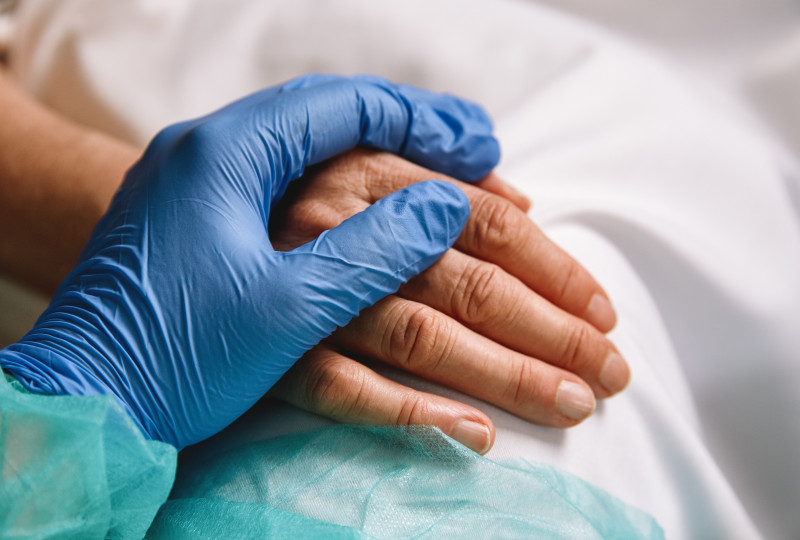The release of the first documentary dedicated to Heparin: a centenary drug that saves over one hundred million lives each year
- “Heparin: 100 years saving lives” uses personal cases and professional experiences to explain what this molecule means to the history of Medicine and the lives of millions of people
- Directed by Carles Canet and produced by Broadcaster with promotion from Bioibérica, the documentary for the first time has been able to join the leading specialists and investigators in Hematology, Cardiology and Surgery, among other fields, as well as the drug industry, within one same audiovisual recording
- Heparin is the most widely used anticoagulant for preventing and treating thrombosis. One out of every four people in the world dies of causes related to this disorder

“Everybody has heard of penicillin, but nobody knows what heparin is. And the fact is that heparin has saved as many lives as penicillin in the course of the 20th century”, explains Prof. Coen Hemker, a biochemist and Emeritus of the University of Maastricht, at the start of the documentary “Heparin: 100 years saving lives”. This 30-minute audiovisual recording has been directed by Carles Canet and produced by Broadcaster, with promotion from Bioibérica, to describe – on the basis of personal experiences – this anticoagulant drug which is so important in modern Medicine, having been declared a first-need drug by the World Health Organization.
“We started from zero. Research went on for weeks and we quickly realized the magnitude of the subject. We were facing the challenge of offering a near, didactic and rigorous explanation of what heparin has meant in the history of Medicine and for the lives of millions of people”, explain Carles Canet, the Director of the documentary.
In effect, this is the first documentary dedicated to this drug, and has been able to join the leading specialists and investigators in Hematology, Cardiology and Surgery, among other fields, as well as the drug industry, within one same audiovisual recording. Professionals from Spain (Hospital de la Santa Creu i Sant Pau, Hospital Universitari General de Catalunya, Hospital Germans Trias i Pujol, Banc de Sang i Teixits, Instituto Valenciano de Fertilidad, ISGlobal, IBEC), the United States (Baylor University, Rensselaer Polytechnic Institute), The Netherlands (Universidad de Maastricht, Synapse Research Institute) and Italy (Instituto Ronzoni), as well as international companies such as Sanofi, Laboratorios Rovi, BBraun or Bioibérica, have participated in the initiative.
But the true central characters of this documentary are the patients who explain their own experiences: “I found it impossible to finish a training session and couldn’t believe that I would have to abandon water polo because of a clot in the subclavian vein at 17 years of age. Thanks to heparin, I was able to recover after six months, and everything that came afterwards was very much worthwhile”, explains Jennifer Pareja, a Spanish water polo player nominated the best player in the world in 2013.
The documentary can be seen online on https://vimeo.com/204858705 and is open to all those entities, educational institutions, organizations and people who wish to use and diffuse the recording.
“Five out of every 10 people will need heparin at some point in life. Medicine wouldn’t be where it is today without it. There are hundreds of thousands of people alive right now who wouldn’t be among us if not for heparin. It’s that important”, explains Professor James Marcum, a historian at Baylor University in the United States.
Heparin, discovered in 1916, is a highly sulfated glycosaminoglycan – a natural substance composed of various molecules that inhibits blood clotting. Because of these properties, heparin is currently the most widely used drug for preventing and treating thrombosis. According to the International Society on Thrombosis and Hemostasis, one out of every four people in the world die of causes related to this disorder, which now produces more deaths each year than AIDS, breast cancer and traffic accidents combined. Specifically, thromboembolic disease is the second leading cause of death in cancer patients and the third most common cause in vascular diseases.
Related News
A crucial initiative to prevent shortages of critical medicines in the European Union.
The 28th Symposium on Glycosaminoglycans, an internationally renowned scientific event focusing on glycosaminoglycans, will be sponsored by
- Bioiberica produces 20% of the world's Heparin API.
- Heparin saves around a hundred million lives every year.
- One out of every 5 doses of heparin administered in the world comes from Bioiberica.


